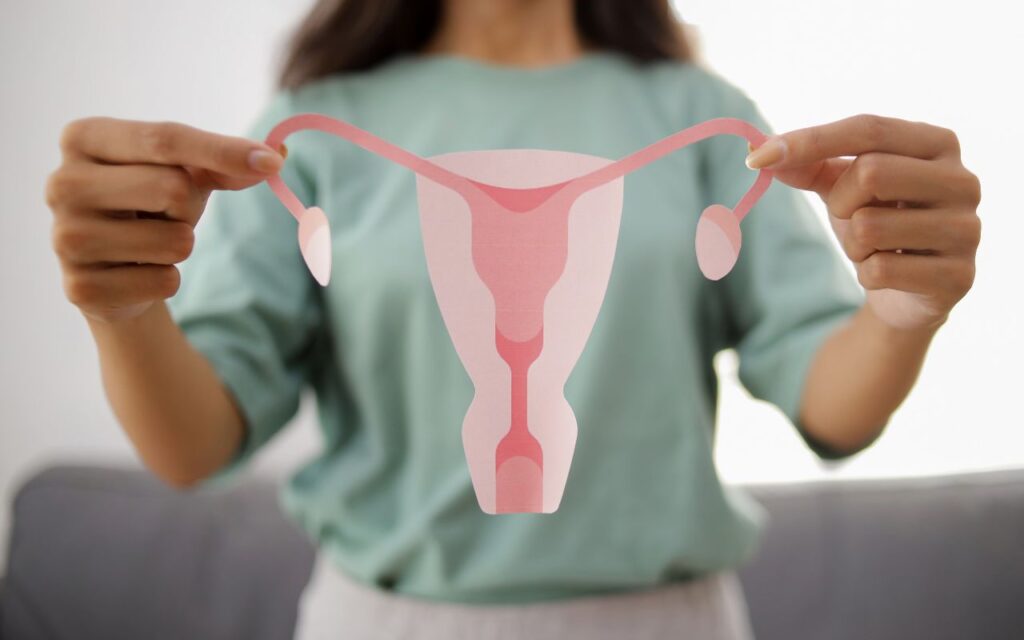
When it comes to their health, women are often vigilant – tracking cycles, booking screenings, and noticing changes. Yet for many, gynecological cancers remain something of a mystery.
Nearly seven in ten women 40 and older say they aren’t confident they’d recognize the signs or understand their risks. From ovarian and uterine cancers to cervical and vulvar, that lack of awareness can delay diagnosis – and in some cases, cost precious time.
“Prevention of cancer is better than any treatment of cancer,” said Dr. Shannon Salvador, a gynecologic oncologist at the Jewish General Hospital in Montreal and president of the Society of Gynecologic Oncology of Canada. “Recognizing early symptoms and keeping up with your screenings is so, so important.”
Why does a knowledge gap exist?
Despite the focus on prevention, many women – and sometimes even healthcare providers – still miss early warning signs. A 2025 survey by Leger and GSK Canada found that nearly half of women didn’t discuss gynecological matters during their last checkup, while 85 per cent want their doctor to initiate those conversations.
Dr. Salvador says part of the issue is both cultural and systemic. Many women still feel uncomfortable talking about gynecological matters – or were never taught about them – or they downplay symptoms, thinking they aren’t serious enough to warrant medical attention.
“It’s not unusual for women to dismiss their own symptoms,” she said. “They’re so busy, and taking care of everyone and everything else that they push any concerns away.
“Then on the other side, people can’t reach primary care. Trying to even get a foot in the door is becoming more and more of a challenge, which means women need to be their own biggest advocates.”
What women should know
More than half of women say they don’t know what to look for when it comes to gynecological cancers, or they confuse symptoms with other issues.
Dr. Salvador says two warning signs that should always raise a red flag: postmenopausal bleeding and persistent vulvar itching.
“If someone has postmenopausal bleeding, that’s immediate – get to your family doctor and get a referral,” she said, adding that irregular menstrual cycles or bleeding between periods also warrant attention.
“I get really upset when women describe that they’ve been itching for probably the past two to three years, but when they went to go see someone, they were given a cream, and no one actually physically looked at the vulva. That is such a shame, because it is so easy to visually see precancers, which are incredibly easy to treat.”
But not all cancers make themselves known. Unlike cervical, endometrial, or vulvar cancers, which often present early warning signs, ovarian and fallopian tube cancers can develop quietly. By the time changes appear, the disease is usually more advanced. That’s why knowing what screenings are recommended for your age and province and paying attention to subtle changes in your body are so important.
“Look back and say, ‘What’s changed in the last six months?'” she advised. “If you feel really bloated, are not eating the same, or your energy is way down, those are things that are different and are not normal for you. Don’t dismiss them.”
Advancements in care
However, there’s good news too. Over the past decade, access to new drug treatments and clinical trials has expanded, helping women live longer and better after a diagnosis. Survivors are also becoming powerful advocates, driving awareness and pushing for continued investment in research.
Surgery has come a long way as well. Minimally invasive and robotic procedures mean many patients can go home the same day and start other treatments sooner. These less invasive approaches not only help with physical recovery but can also support body confidence and emotional healing by avoiding large, visible scars.
“It really has changed the overall aspect of how we treat that cancer,” added Dr. Salvador. “And it’s progress like that that gives me hope.”
For more information on treatments, risks and warning signs to watch for, visit the Society of Gynecologic Oncology of Canada website: https://gyneoncology.ca/patient-resources/.






